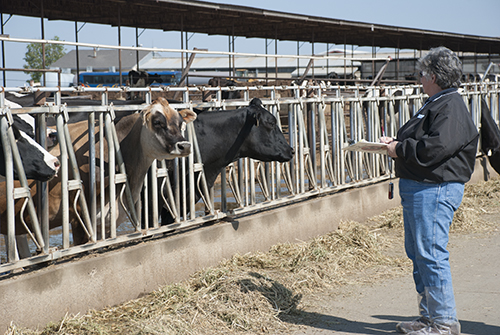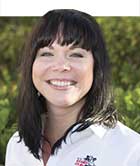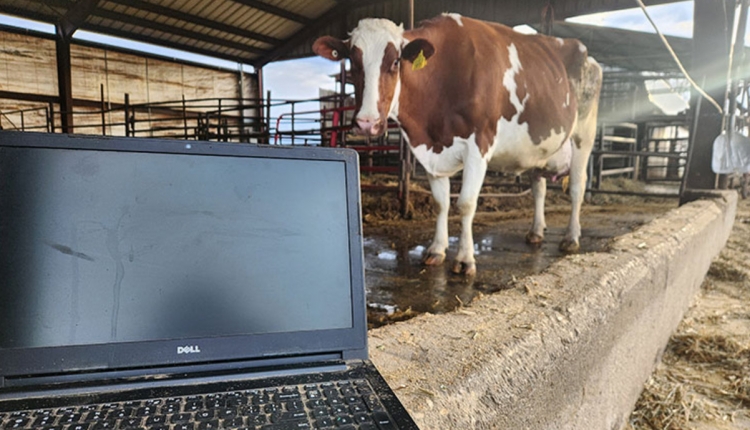
Every farm should have mission, vision and values statements.
Did you just stop reading? Are you tired of hearing that your dairy needs these core items? To you I say – just do it! You'll be done with it. You have to start somewhere. You have nothing to lose.
At a dairy technology conference this summer, I was impressed to see many farmers begin their presentations with their mission, core values and goals for their dairy. Many even emphasized the difference it's made for their operation and employees since implementing these foundational principles. The common theme: all employees and managers are now working in the same direction, toward a common goal. Although the conference was focused on technology, these dairymen and women stressed that any farmer in the audience without these principles needed to make it a priority.
- Mission Statement
A mission statement is your dairy's purpose, your reason for existing.
- Vision Statement
The vision statement reminds you what you're trying to build; it's your inspiration. Your dairy's vision needs to capture your passion.
- Values Statement
The values statement for your dairy lists your top priorities; these may represent your moral or ethical position. Values guide every decision you make.
Ask yourself these questions from a fact sheet by Ohio State University Extension: http://ohioline.osu.edu/bst-fact/pdf/3609.pdf
- What is the purpose of our organization for the future? What do we do?
- Why do I farm?
- Who are our customers? What do our customers want?
- How do we accomplish our purpose? What practices do we use, and who is responsible for what?
- What beliefs and values do we hold?
Can it hurt to give it a try?
Another good reference to help you develop your dairy's mission, vision and values is the Penn States Extension farming guide resource website: http://extension.psu.edu/business/farm/guide/planning/starting

The author, Ali Enerson, was the special publications editor, responsible for books, plans, distribution of the e-newsletter and various internal communication pieces. She grew up on a 60-cow dairy in northwest Wisconsin, and is a graduate of University of Wisconsin–Madison with a degree in life sciences communications.









